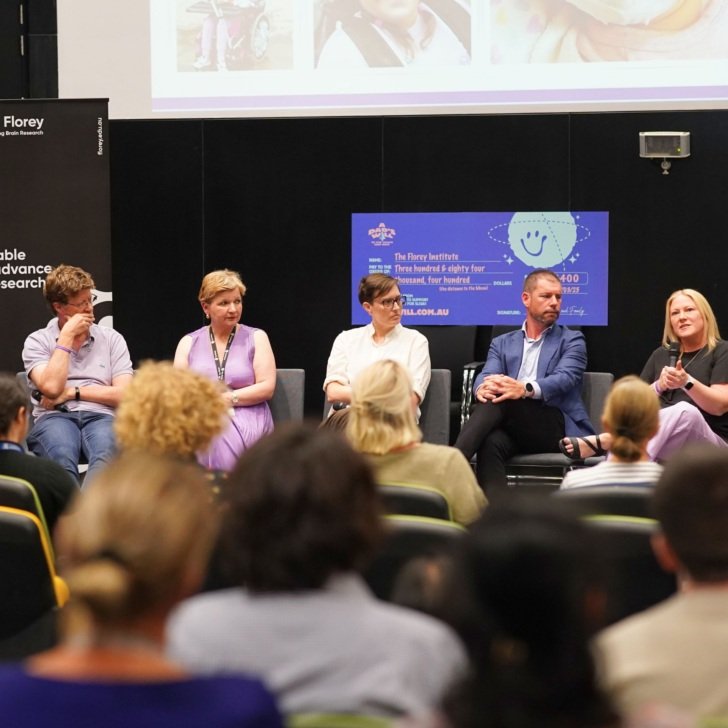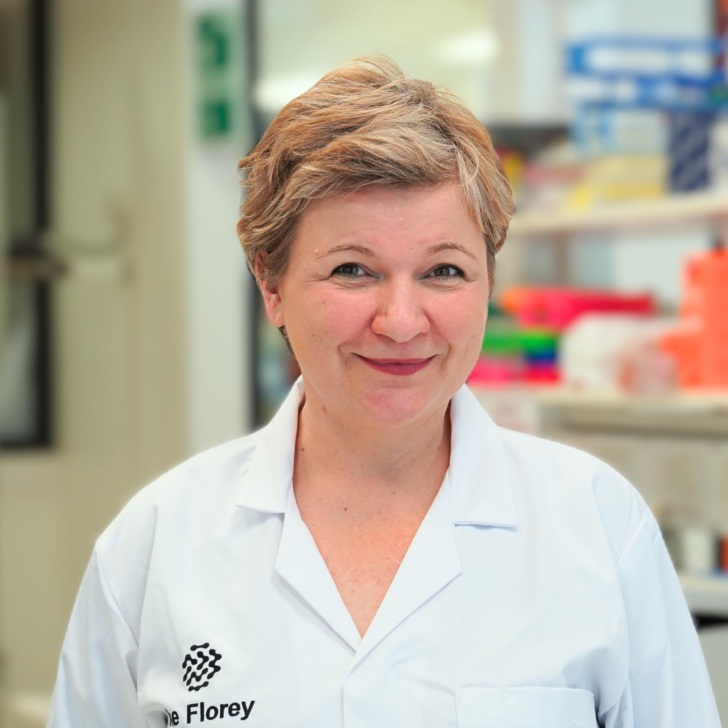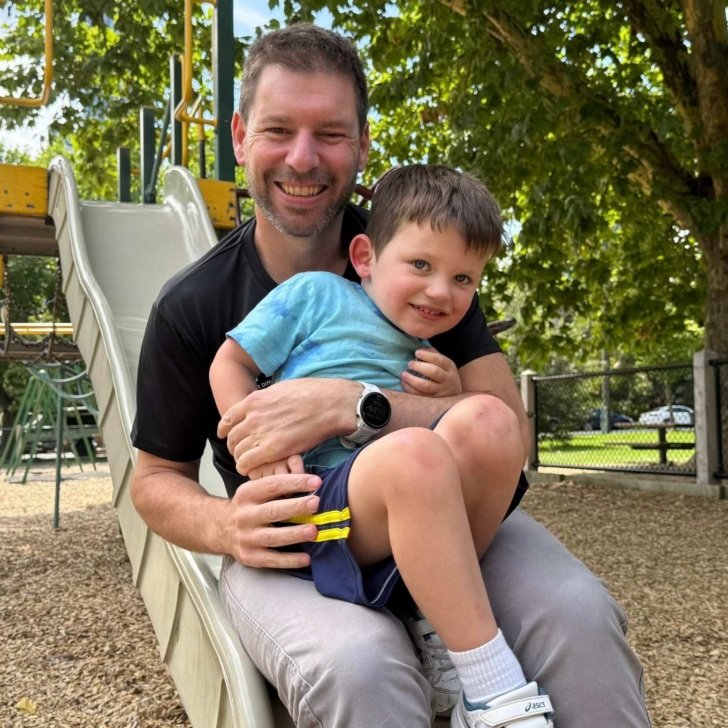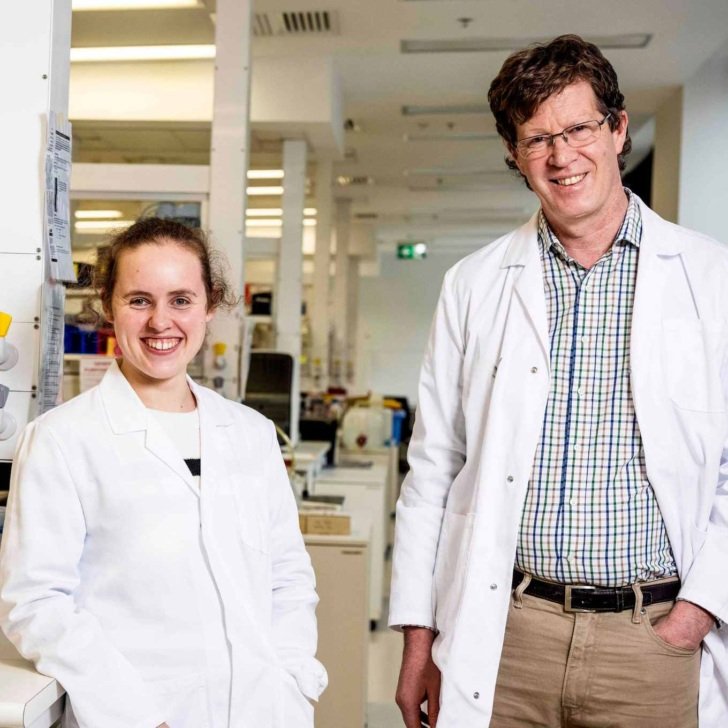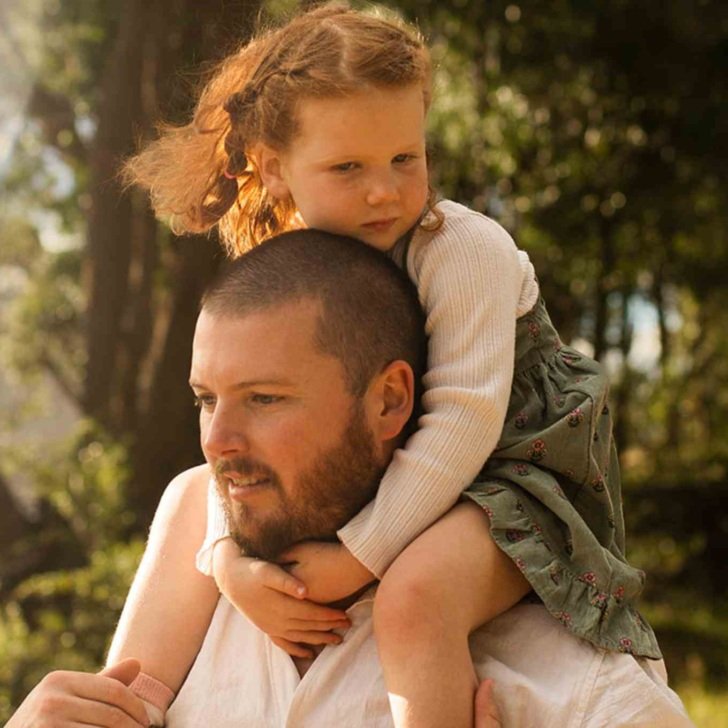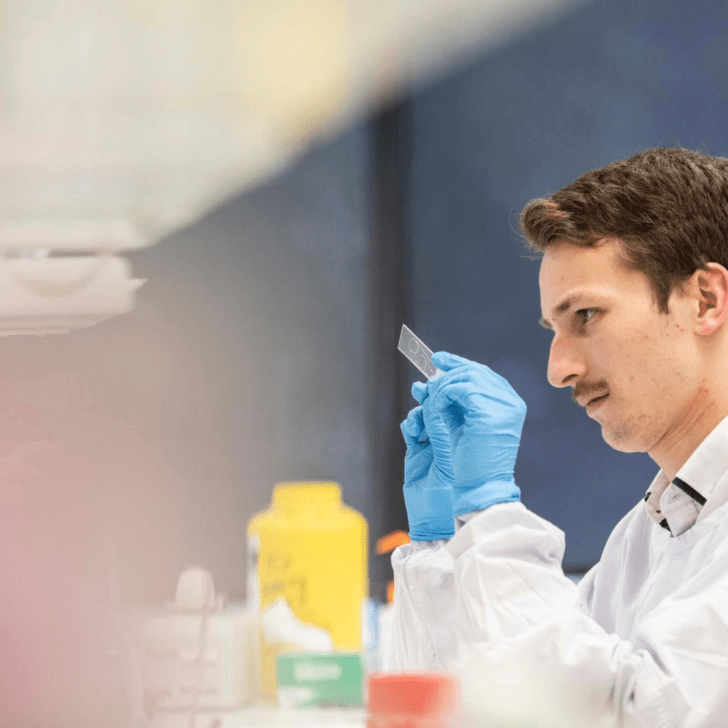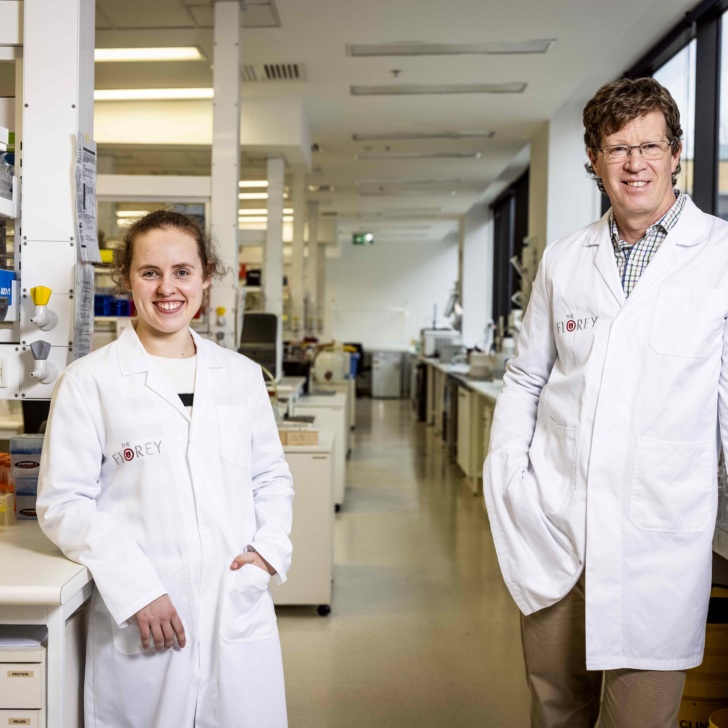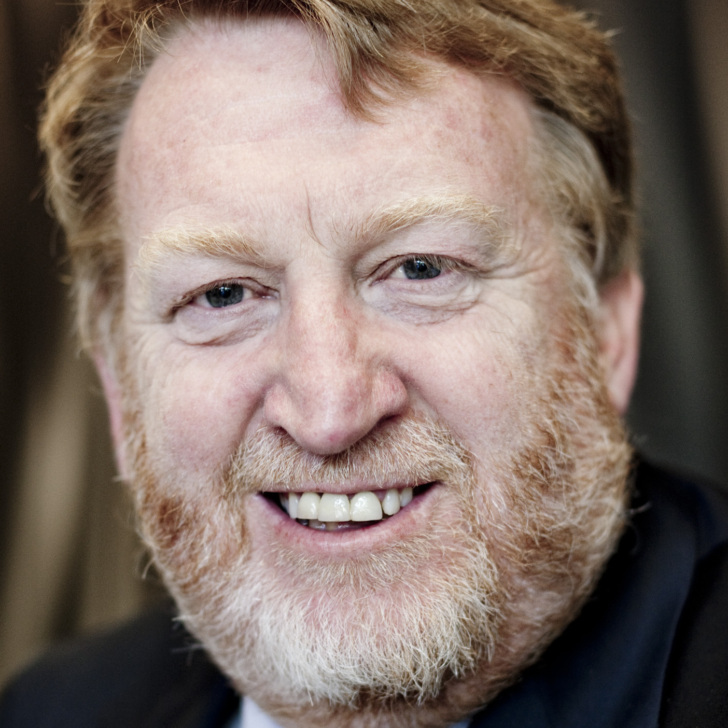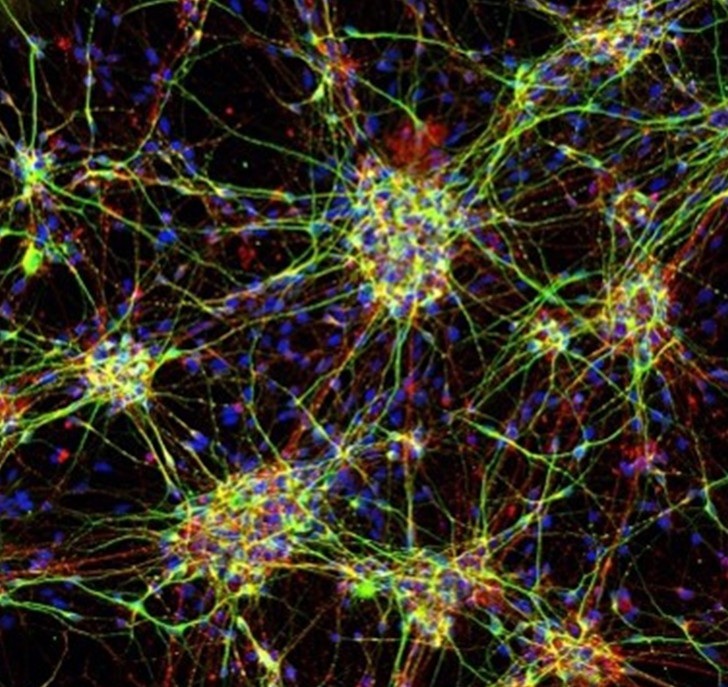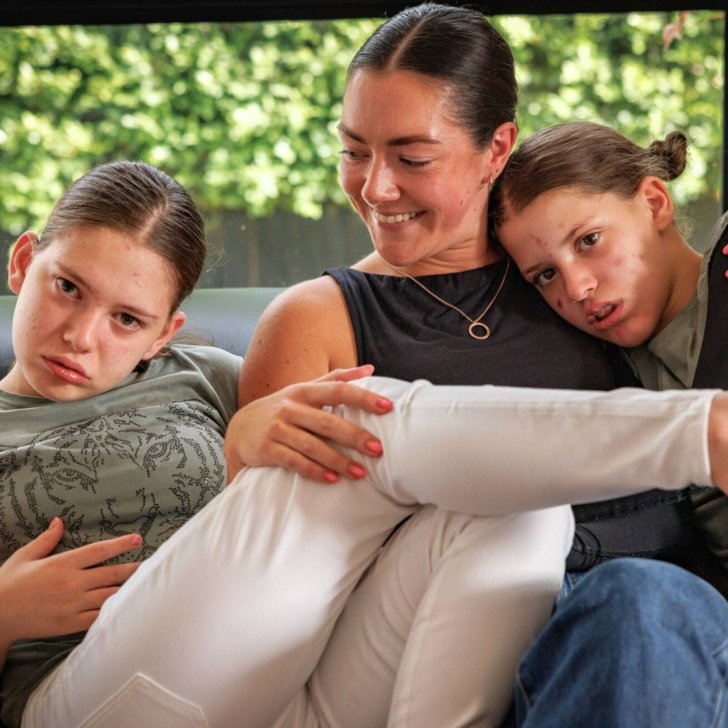
Severe childhood epilepsy
Severe childhood epilepsy can affect infants and children and is characterised by seizures that are often accompanied by developmental and cognitive impairment, and movement disorders. Some children’s seizures don’t respond to anti-seizure medications and their conditions require long-term care.
These conditions, known as developmental and epileptic encephalopathies (DEE), are usually caused by genetic variants that can be found in more than 800 genes. They are rare and every child’s experience and challenges are different.
Genetic epilepsies are known by their location, with Florey researchers studying a number of variants including HCN1, SCN2A, SLC6A1, SYNGAP1 and KCNQ2.
How the Florey is making a difference
The Florey, alongside clinical and industry partners, is dedicated to advancing research into severe childhood and genetic epilepsy. There are still many questions to answer and more treatment options are desperately needed.
One of our key focuses is assessing disease-causing variants in a range of research models, including mice and stem cells. By using these models, we’re able to investigate how gene variation changes the function of neurons and how it impacts brain development.
Florey researchers are also screening drugs and identifying medications that are tailored to the specific needs of individual patients.
Ebony inspires world-first research
Ebony Boehm has a severe form of epilepsy and developmental delay caused by a variation in her HCN1 gene. She had her first seizure when she was only 3 months old and experienced up to 20 seizures a day. Ebony went through months of trying different medications to treat her epilepsy. One drug made her seizures significantly worse.
Professor Chris Reid and Dr Lauren Bleakley from The Florey engineered a mouse model, named the ‘Ebony Mouse’, to mimic the young girl’s HCN1 epilepsy. They then tested a range of existing anti-seizure medications, the results of which indicated specific medications were more effective for Ebony’s condition than others.
“It’s exciting to think that hopefully a family down the track doesn’t need to go through the same pain as we did to find a medicine that works,” said Ebony’s father Tim Boehm.
Image: Ebony on her first day at kinder, and with Dr Lauren Bleakley

Fern’s story proves Florey research is life-changing
Fern Stevens was 7 months old when she experienced her first seizure and was later diagnosed with HCN1 epilepsy. Research conducted with the Ebony mouse informed a change in Fern’s medication that allows her to now live seizure-free.
Image: Fern with her mother Jules and father Phil
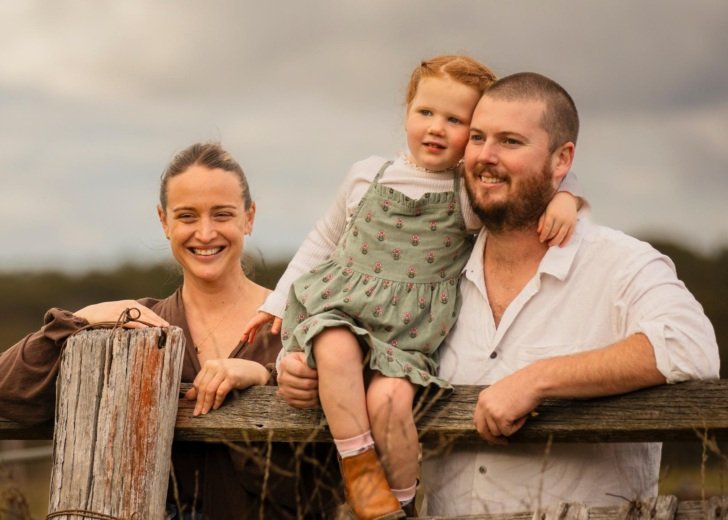
Research milestones
-

Promising treatment for a severe form of childhood epilepsy
Dr Melody Li is investigating a potential treatment for children with DEE caused by variations in the SCN2A gene. Working with mouse models, Dr Li examined a promising treatment called antisense oligonucleotides (ASO), which are DNA-like molecules.
Her work identified a way for ASO to reduce SCN2A activity in cells, which is a key driver of the disease. Preclinical studies of the treatment showed promising disease-reversing effects, and a safe, therapeutic dose range was determined. After obtaining FDA approval, the ASO treatment has now progressed to a clinical trial, looking into the safety and effectiveness in patients with early-seizure onset SCN2A epilepsy.
-
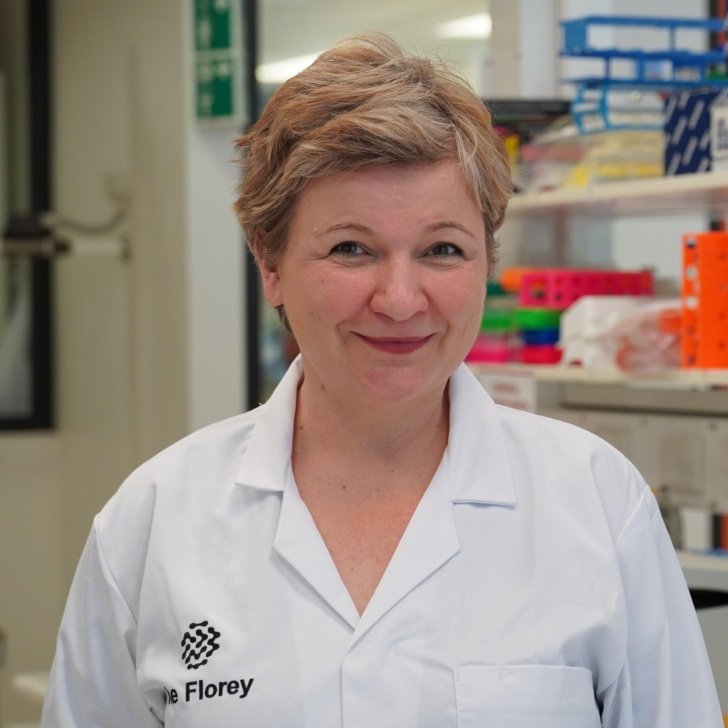
Exploring new treatments for epilepsy
Associate Professor Snezana Maljevic and her team developed a mouse model that replicates the genetic epilepsy KCNQ2 DEE. Current treatments focus on managing seizures, but they offer little benefit for the broader developmental challenges faced by children.
“One of the most frequently identified causes of DEE are variations in the KCNQ2 gene, which plays a critical role in controlling neuronal excitability in the brain. When this control is lost, seizures occur,” said Associate Professor Maljevic.
“By bridging the gap between genetic discovery and treatment development, this new disease model represents a significant step toward personalised therapies for children affected by KCNQ2 DEE.”
-
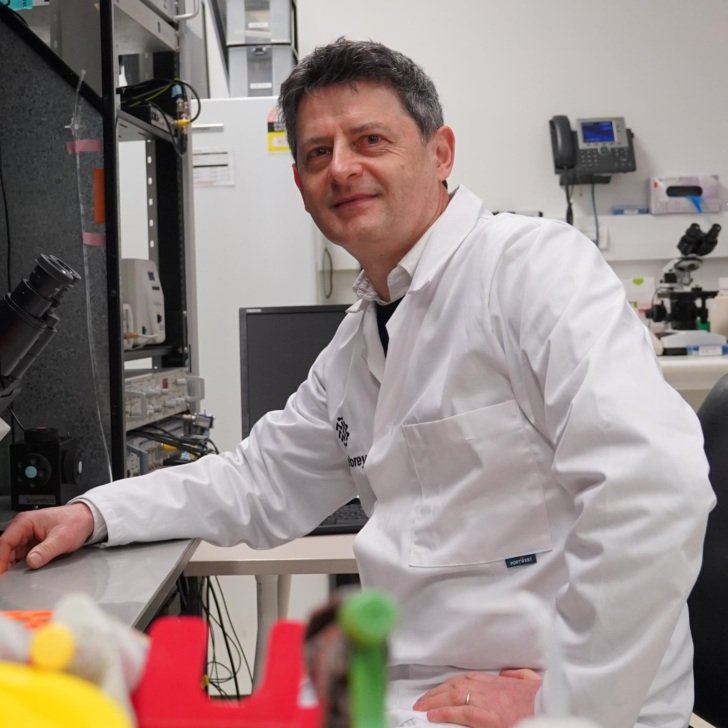
‘Broken gate’ causing unstoppable brain signals
Dr Géza Berecki and team are also advancing discovery science that holds promising therapeutic implications. They’ve identified how the SCN2A gene variation breaks open a cellular ‘gate’, preventing the brain from stopping sodium ions flowing continuously into neurons and leading to seizures. SCN2A is a very large gene, which means it has immense potential for genetic variation.
“We worked with data of DEE patients in Australia and overseas, conducting experiments to measure neuronal function in cell samples and computer simulations of the mutation-affected protein,” said Dr Géza Berecki.
Donor impact
A Dad’s Will
Inspired by his son Will, aged 4, Stu Place has been on a mission to raise funds to find a treatment for the rare genetic epilepsy that Will lives with, called SLC6A1. Stu secured a major philanthropic grant on The Florey’s behalf worth over $600,000, and decided to embark on a virtual cycle challenge, galvanising the community to support his cause.
After 50 consecutive days of cycling at least 230km, he raised more than $350,000. To date, he has raised more than $1M to fund our research team’s efforts to test a gene therapy for SLC6A1. “We hope that our efforts will get that treatment to clinical trial,” Stu said.
Image: Stu and Will Place
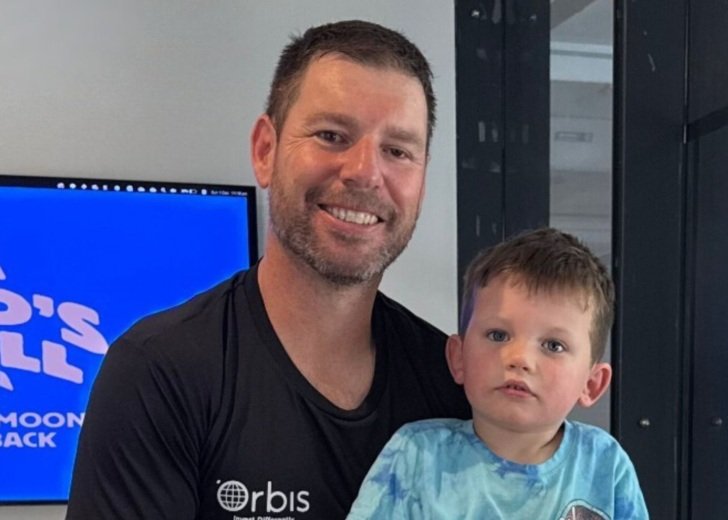
More information
While The Florey researches childhood epilepsy, we do not offer medical advice or crisis support. For support or further information about epilepsy, contact the Epilepsy Foundation or Epilepsy Action Australia. Support and resources for families are available through Genetic Epilepsy Team Australia (GETA).
Latest news
Latest Florey news on Severe childhood epilepsy
